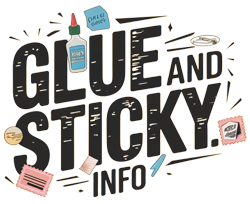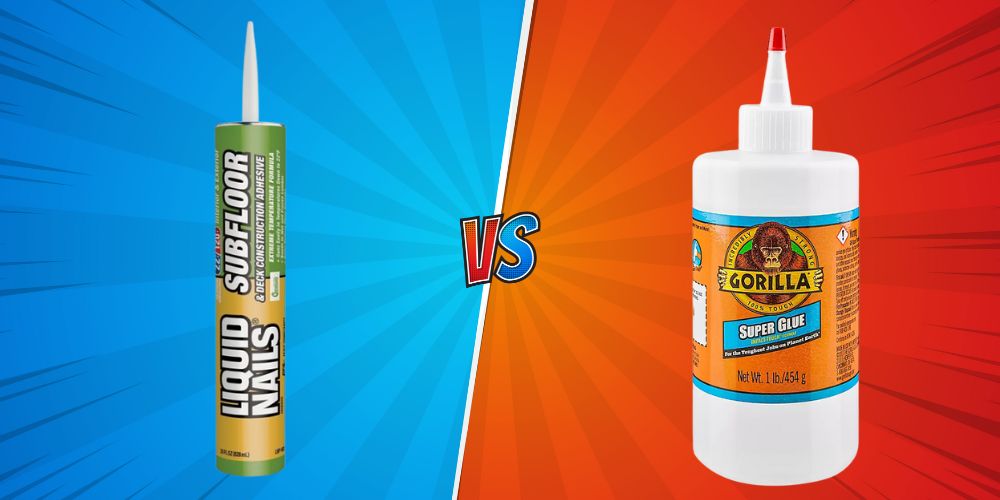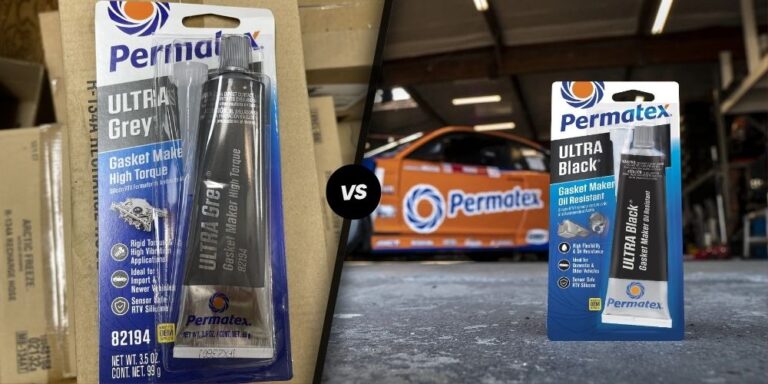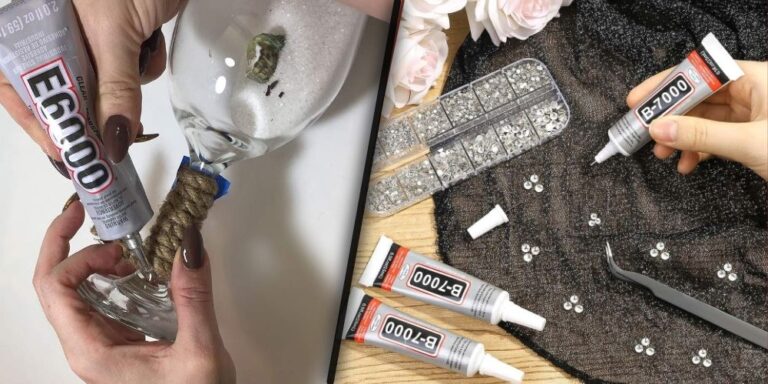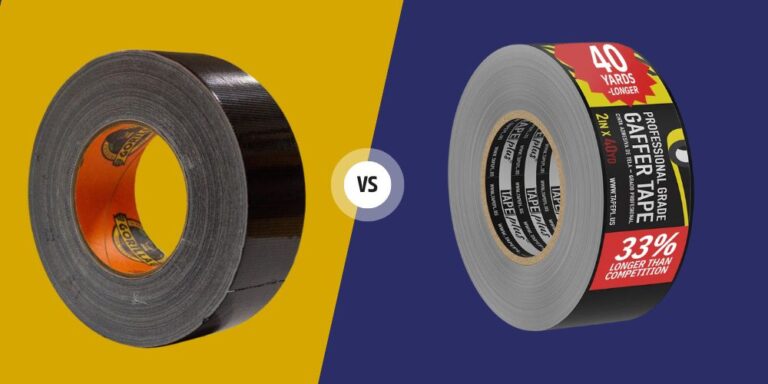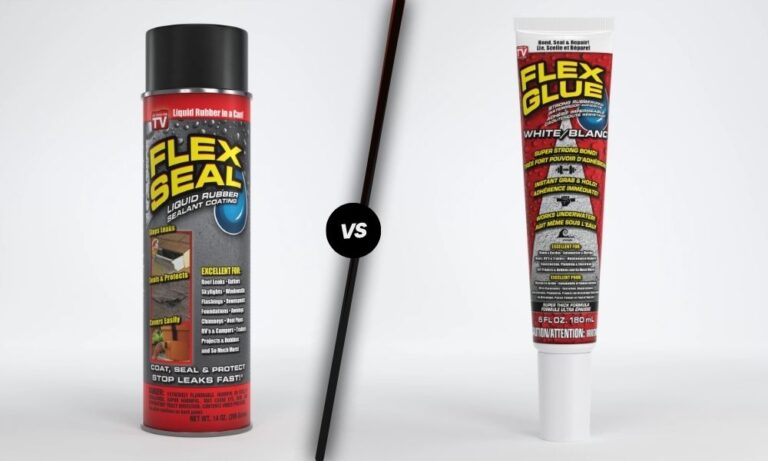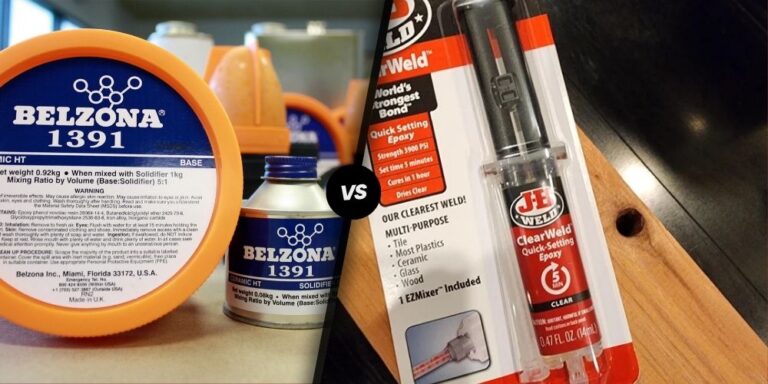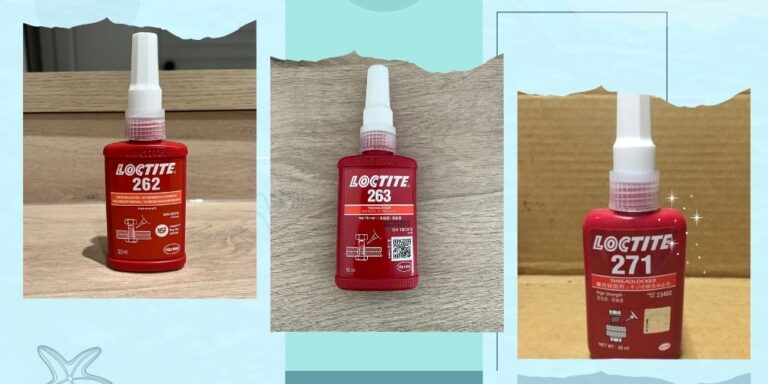Liquid Nails vs. Super Glue: Which Adhesive is Better?
Adhesive Overview
When it comes to choosing the right adhesive for a project, understanding the different types of glues and their applications is crucial. This section provides an in-depth look at glues and construction adhesives, helping you make an informed decision between Liquid Nails vs. Super Glue.
Understanding Glues
Glues, also known as adhesives, are substances used to bond two or more materials together. They work by creating a molecular connection between the surfaces of the materials. The effectiveness of a glue depends on its composition, bonding mechanism, and the materials to which it is applied.
There are various types of glues available on the market, each designed for specific purposes:
- White Glue: Typically used for crafts and basic household repairs.
- Super Glue: Known for its strong, quick-bonding capabilities, ideal for small repairs and model making.
- Wood Glue: Specifically formulated for bonding wood surfaces.
- Epoxy: A two-part adhesive that provides a very strong bond and is often used in industrial settings.
Types of Construction Adhesives
Construction adhesives are designed for heavy-duty applications, where robust and durable bonds are required. These adhesives are often used in building, remodeling, and repair projects. They can bond a wide range of materials, including wood, metal, concrete, and more.
Below are some common types of construction adhesives:
| Adhesive Type | Composition | Applications |
|---|---|---|
| Liquid Nails | Solvent-based or latex-based | Construction, remodeling, repair |
| Polyurethane | Polyurethane resin | Woodworking, construction |
| Epoxy | Epoxy resin | Structural repairs, industrial use |
| Silicone | Silicone rubber | Sealing, waterproofing |
Liquid Nails is a popular choice among construction adhesives, known for its versatility and strong bonding capabilities (Family Handyman). It can be used for a variety of applications, from attaching drywall to fixing subfloors.
Super Glue, while not typically classified as a construction adhesive, is highly effective for smaller household repairs and craft projects due to its quick-setting properties and strong bonds.
For deeper insights into the differences between various adhesives, explore our sections on clear glue vs. white glue and wood glue vs. super glue.
In summary, understanding the types of glues and construction adhesives, along with their specific applications, is essential for selecting the best product for your needs. For those interested in further exploration, read more about the differences between Liquid Nails and Gorilla Glue.
Liquid Nails Features
Composition and Functionality
Liquid Nails is a versatile construction adhesive comprising a mixture of polymers and solvents. This formulation is designed to be water-resistant, making it suitable for various construction projects. It performs best on clean, dry surfaces, ensuring strong adherence to substrates such as wood, metal, and masonry.
The primary function of Liquid Nails is to provide a strong, durable bond that can withstand significant stress and weight. This makes it particularly effective for heavy-duty construction tasks, where a reliable adhesive is crucial.
Strengths and Limitations
Liquid Nails offers several benefits, particularly for construction and heavy-duty applications:
- High Bond Strength: Liquid Nails provides a robust bond, especially on porous materials like wood and drywall. In performance tests, Liquid Nails Fuze It All Surface held 100 pounds on wood and 64 pounds on PVC blocks (Family Handyman).
- Water-Resistant: The adhesive’s water-resistant properties make it suitable for both indoor and outdoor applications.
- Versatility: It can bond a variety of materials, making it a reliable choice for multiple types of construction work.
Despite its strengths, Liquid Nails also has certain limitations:
- Temperature Sensitivity: Liquid Nails may not perform optimally in extreme heat or cold conditions, potentially weakening the bond.
- Surface Requirements: It works best on clean, dry surfaces. Dirty or oily surfaces can reduce the effectiveness of the bond.
- Curing Time: The adhesive requires sufficient curing time to reach its full bonding potential, which may be longer compared to other adhesives.
| Feature | Performance |
|---|---|
| Bond Strength (Wood) | 100 pounds |
| Bond Strength (PVC Blocks) | 64 pounds |
| Water-Resistant | Yes |
| Suitable Surfaces | Clean, dry surfaces |
| Temperature Sensitivity | May not perform well in extreme temperatures |
| Curing Time | Longer compared to some other adhesives |
When comparing Liquid Nails to other adhesives, such as Gorilla Glue or super glue, understanding its strengths and limitations can help users make informed decisions tailored to their specific needs. For more insights on different adhesives, consider exploring our articles on flex glue vs. gorilla glue and model glue vs. super glue.
Gorilla Glue Characteristics
Gorilla Glue is renowned for its versatile and robust adhesive properties, making it a popular choice among those comparing adhesives such as liquid nails vs. super glue. Here, we will explore its unique characteristics that set it apart.
Polyurethane-Based Adhesive
Gorilla Glue uses a polyurethane-based adhesive that activates with moisture, offering several distinct advantages. This type of adhesive is known for its ability to foam and expand as it cures, which helps to fill gaps and create a strong bond. As the glue reacts to moisture, it penetrates into the surfaces being bonded, ensuring a durable connection.
Key Features of Polyurethane-Based Adhesive:
- Activation with Moisture: Starts the bonding process, making it highly effective.
- Expanding Foam: Fills gaps and ensures a thorough bond.
Bonding Compatibility:
| Material | Effectiveness |
|---|---|
| Wood | Excellent |
| Plastic | Strong |
| Metal | Strong |
Superior Bonding Capabilities
Gorilla Glue stands out for its high strength and flexibility, allowing it to bond dissimilar materials such as wood, plastic, and metal effectively. Its moisture-activated properties make it particularly useful for projects requiring a secure seal in challenging conditions. From high humidity to low temperatures, Gorilla Glue maintains its integrity.
Performance Characteristics:
| Feature | Benefit |
|---|---|
| High Strength | Creates durable bonds |
| Versatility | Bonds multiple surface types |
| Environmental Resistance | Performs well in various temperatures and conditions |
Gorilla Glue is also favored for its flexible bond, which can handle stress and strain without breaking. This flexibility ensures long-lasting adherence even when used on materials that expand and contract with environmental changes.
For more information on how Gorilla Glue compares to other adhesives, check out our article on flex glue vs. gorilla glue and hot glue vs. gorilla glue. If you’re looking to compare with another powerful adhesive, don’t forget to see the comparison between krazy glue vs. super glue.
Understanding these unique characteristics of Gorilla Glue can help you make a more informed choice when selecting the best adhesive for your needs.
Performance Testing
When comparing different adhesives, it’s essential to evaluate their performance through rigorous testing. This section will focus on the strength comparison between various adhesives and provide an overview of the test results.
Adhesive Strength Comparison
To determine the strongest adhesive, several adhesives were tested on different materials such as wood and PVC blocks. The following table summarizes the adhesive strength observed for some of the products:
| Adhesive Type | Strength on Wood (lbs) | Strength on PVC (lbs) |
|---|---|---|
| Loctite PL Fast Grab Premium | 115 | 92 |
| Liquid Nail’s Fuze It All Surface | 100 | 64 |
Data from Family Handyman
From the data, both Loctite PL Fast Grab Premium and Liquid Nail’s Fuze It All Surface performed exceptionally well. However, Loctite PL Fast Grab Premium held the maximum weight on both wood and PVC surfaces, showcasing its superior strength.
Test Results Overview
The testing indicated that Loctite PL Fast Grab Premium is the strongest adhesive in the performance test, holding 115 pounds on wood and 92 pounds on PVC blocks. Liquid Nail’s Fuze It All Surface also showed excellent strength, holding 100 pounds on wood and 64 pounds on PVC blocks (Family Handyman).
For further performance comparisons, you might want to explore related articles such as loctite 242 vs. 243 and gorilla glue vs. super glue.
Efficiency in adhesion strength makes Liquid Nail’s Fuze It All Surface a practical choice for a variety of applications. For alternative glues and more nuanced comparisons, consider viewing flex glue vs. gorilla glue and hot glue vs. gorilla glue.
Practical Applications
Understanding the practical applications of Liquid Nails and Gorilla Glue is essential for choosing the right adhesive for your project. Each has unique characteristics that make them suitable for different tasks.
Ideal Uses for Liquid Nails
Liquid Nails is a strong, versatile adhesive, particularly effective for heavy-duty construction jobs. It is best used under stable conditions on clean, dry surfaces. However, it may not perform optimally in high heat or when bonding dissimilar surfaces.
| Application | Description |
|---|---|
| Drywall Installation | Provides a sturdy bond for securing drywall to framing. |
| Tile and Flooring | Useful for adhering tiles and flooring materials, ensuring a firm hold. |
| Woodworking | Bonds wooden surfaces together tightly, ideal for carpentry projects. |
| Molding and Paneling | Ensures moldings and panels stick securely to walls and other surfaces. |
For more insights on adhesives, check out our articles on loctite 242 vs. 243 and loctite 262 vs. 263 vs. 271.
Suitable Applications for Gorilla Glue
Gorilla Glue excels in bonding dissimilar materials such as wood, metal, and plastic. Its moisture-activated formula and expansion properties make it effective for these types of applications.
| Application | Description |
|---|---|
| Mixed Material Projects | Perfect for projects involving different types of materials (e.g., wood to metal). |
| Outdoor Repairs | Ideal for outdoor projects due to its weather-resistant properties. |
| Furniture Repairs | Ensures a strong hold for broken or loose furniture joints. |
| DIY Crafts | Suited for various DIY projects involving multiple materials. |
For comparisons with other adhesives, see our articles on gorilla glue vs. super glue and clear glue vs. white glue.
Choosing between Liquid Nails and Gorilla Glue depends on the specific requirements of your project. Liquid Nails is ideal for stable, heavy-duty tasks, while Gorilla Glue is better for projects involving mixed materials and outdoor conditions.
